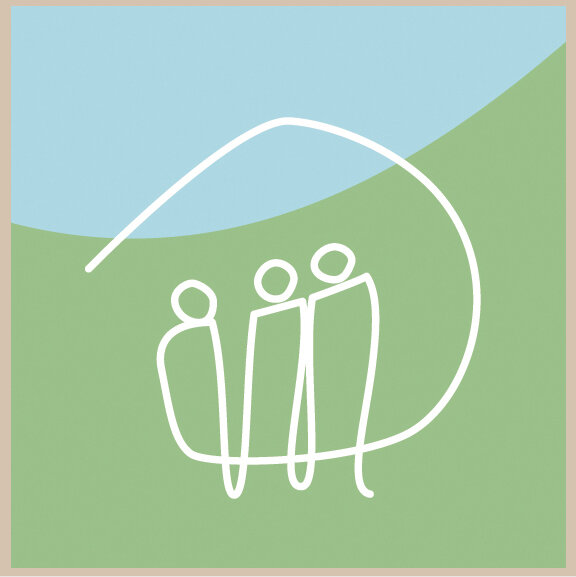Quimper Village residents are packing their belongings. The group will open the doors to their new home, the first move-in being October 21 (almost three years to the day after they did the Getting-It-Built Workshop with Katie and me which at the time they still didn’t have land for.) Their home, a community that they helped to create. A community designed to support aging in place, where everyone knows and cares about one another. A community with a perfect balance of community and privacy.
As with all types of ownership, upkeep is of the utmost importance. Cleaning the gutters and the windows might seem like tedious tasks, but knowing how to do it (and how often) can make a great impact on performance. It also makes you as an owner proud of where you live.
So how do I keep my home running smoothly for years to come? What do I need to be aware of? A couple of weeks ago, I went to Port Townsend to hang out with the beautiful Quimper Villagers and take them through the final workshop, the Physical Plant Maintenance Program (PPMP.)
"It doesn't pay to design an organ if no one knows how to play it." Or in this case, it is an orchestra—dysfunctional if everyone is playing a different score. When it comes to the long-term social success, this workshop is just as important as every other. Deferred maintenance saddles subsequent years with less happiness. And the meetings that go along with deferred maintenance are never fun, “Now why didn’t we deal with this two years ago?”
Quimper Village is ready for its villagers!
Over a long day, Quimper Villagers toured the new neighborhood as we discussed the right way to refinish the wood tables or maintain the grass and concrete. Though this wasn’t surprising (in the past 3 years of working with them, I grew accustomed to their attention to detail,) I found that this workshop was important to them. It is important to anyone living in a community with common areas. As you know our office mantra is, “If it doesn’t work socially, why bother?”
Although most of you have successfully maintained your own houses for years, doing so in a cohousing community is different and requires additional skills and systems. I’m not claiming to be a maintenance expert, but I know a think or two about the “tragedy of the commons.” This is real – don’t let it happen to you. "Oh, I thought that someone else was going to take care of this,” or “Oh, I thought you were," or “I thought somebody would notice that.” Or my favorite, “Oh I just assumed that that was being taken care of.” In this way, deferred maintenance inadvertently happens all the time, but it can be mitigated with just a couple of skills. That’s what this weekend was all about (also described in Happily Ever Aftering in Cohousing.)
Quimper Villagers listen intently to a lecture on how to maintain the toilets, windows, and the kitchen sink, plus more. Though it may seem like a no-brainer keeping up a community requires organization and guidance.
The PPMP Workshop addresses tasks that need to be performed regularly as well as signs that a problem has occurred. Every individual needs to know what they are responsible for and how what red flags need to be addressed immediately.
Maintenance is too often the Achilles heel of cohousing because “someone else volunteered to take care of it,” so, therefore, I have no responsibility. Wrong—your responsibility is to set those volunteers up for success. So, this workshop is the absolute best way of solving these problems—with knowledge. When everyone does this workshop the knowledge becomes common, and it is much less of an issue later.
Everything in the project is of the earth, and it is in a hurry to get back to the earth—that’s entropy. Being a part of a cohousing community means you are the stewards. Maintenance can be a positive and community building experience if you prepare for it.



